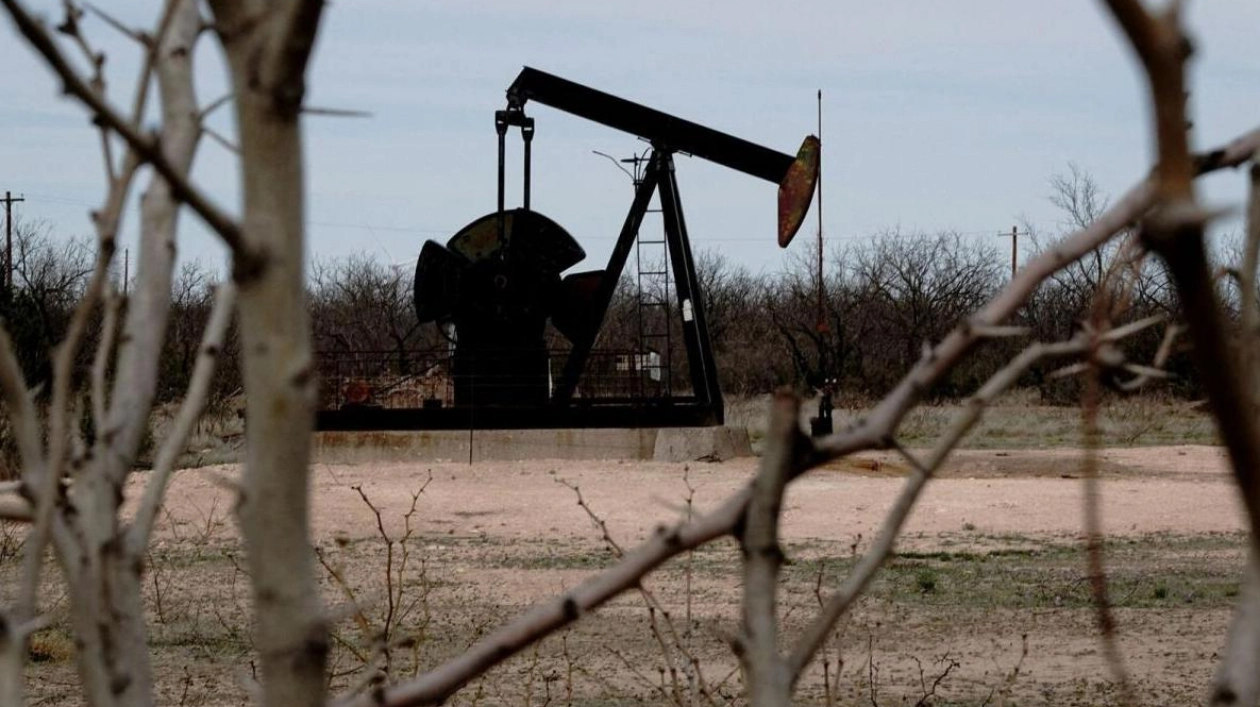The recent surge in oil prices over the past few days is likely to be short-lived, provided the ongoing Middle East crisis is managed, according to experts. Oil prices surged by more than three percent on Wednesday as Israel and the United States pledged retaliation following Iran's largest-ever direct assault on its regional foe, as reported by Reuters. So far, oil prices have risen by over four percent as tensions between Israel and Iran escalate. Amid this geopolitical turmoil, the risk of a significant spike in oil prices that could trigger another global inflation shock seems to be becoming a reality.
However, experts note that investors have remained relatively calm despite the escalating tensions in the Middle East, with oil prices having dropped more than ten percent in the last three months and the US stock market remaining near an all-time high. Western financial hubs could be unsettled by a rise in oil prices, particularly ahead of next month's US presidential election. Inflation has eased across advanced economies in recent months, setting the stage for interest rate cuts by policymakers at major central banks. Yet, experts believe financial markets could avoid panic, citing three main reasons: expectations for the future trajectory of the Middle East conflict, geopolitical factors, and the increasingly fragile state of the global economy.
"It's quite surprising when you see escalations and nothing moves, it's not generally what you expect from markets. But it's been escalating over the past 12 months," said Mohamed Hashad, Chief Market Strategist at Noor Capital, in a note. Analysts remain optimistic that the recent escalation can be mitigated. However, the stakes are high. Iran is a major oil producer, supplying about three million barrels a day—approximately three percent of global output—despite Western sanctions. Tehran holds significant sway over the Strait of Hormuz, a crucial bottleneck for oil and gas tanker shipments handling up to 20 million barrels a day, nearly 30 percent of the world's oil trade.
Iran also exerts control over the Red Sea through its support of Houthi rebels in Yemen, who have been targeting shipping. Earlier this year, this was one of the biggest concerns in global financial markets. This is where geopolitics comes into play. "Other major oil and gas exporters—including Saudi Arabia, Iraq, the UAE, Kuwait, and Qatar—rely heavily on Hormuz, raising the prospect that Iran closing the chokepoint could have broader consequences," Hashad noted. Economists suggest such a move could push oil prices close to $100 a barrel. "However, given the likelihood of a military response—probably led by the US—economists doubt that Iran would, in practice, be able to close the strait for long," Hashad pointed out.
Following the 2022 Russian energy crisis, many countries diversified their energy supplies, including renewables. Members of Opec+, a broader group of oil-producing nations including Russia, meeting on Wednesday are expected to adhere to plans to increase supply volumes. "Supplies would not be impacted despite the situation around the Red Sea, Yemen, but by and large it's more like a nuisance, but not really disruptive in any way," Hashad said. The third factor that could prevent a financial market panic is the economy itself. Oil demand has weakened amid a global growth slowdown—particularly in China, the world's largest consumer, where Beijing is struggling to revive sluggish activity. European industry is also in a slump, with surveys on Tuesday showing factory output fell in September at the sharpest rate this year.
Demand in China had dropped to a few hundred thousand barrels a day from about 1.3 million a day in 2023. Analysts believe these factors point to a Brent crude price stuck in the $70s for the foreseeable future, with a geopolitical event or a recovering China as potential drivers of any upside surprise. "Two years ago, the Russian energy shock came on top of an inflationary burst triggered by the easing of Covid restrictions and involving supply bottlenecks and red-hot demand from consumers eager to spend after lockdown. This time, inflation is cooling and consumer demand is weaker, reflecting the toll on household finances from the recent period of fast-rising prices, and higher borrowing costs used in response to the shock," Hashad said. Oil prices have dropped from over $90 a barrel in April to about $70—reflected in pump prices for motorists—helping to further ease inflationary pressures, at a time when the main focus in markets is on central banks cutting interest rates to prevent derailing economic growth.
However, further escalation in the Middle East could alter this scenario. "Markets are yet to see it, but escalating conflict would have a further dramatic impact," Hashad said.






